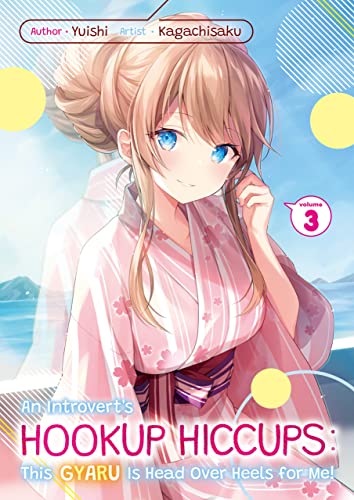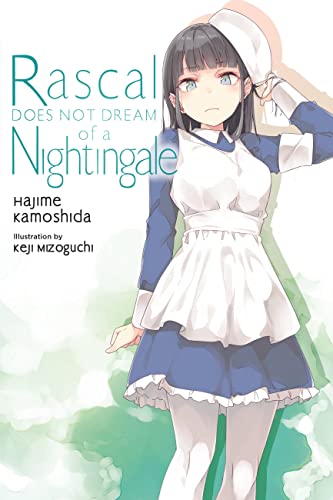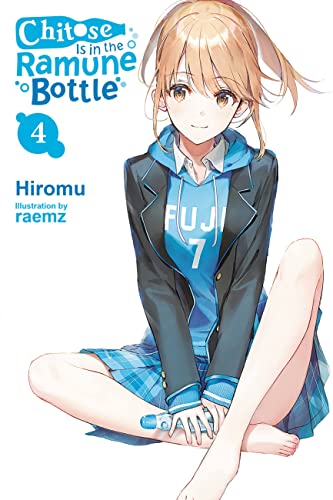By Yuishi and Kagachisaku. Released in Japan as “Inkya no Boku ni Batsu Game de Kokuhaku Shitekita Hazu no Gal ga, Dō Mitemo Boku ni Beta Bore Des” by HJ Bunko. Released in North America by J-Novel Club. Translated by Satoko Kakihara.
It would appear that this series is going to be four volumes long, so if you were waiting for the payoff where they both finally confess to each other the one secret that is mentally destroying them both, well, you’ll have to wait a bit more. That said, almost everything else gets wrapped up here. Having finally confessed to both sets of parents that they’re going out, and getting approval from both of them, there’s not really much standing in Yoshin and Nanami’s way. Well, OK, there are a few things. Yoshin is still getting advice from his gaming group friends, and feels bad he hasn’t told Nanami about them. And on a more serious note, when Nanami asks him to drop the honorific when he talks to her, he chokes up and can’t quite do it. Is it repressed trauma? Or is it just another case of kids being jerks?
After dealing with the rumor mill at school, which says that either Yoshin has broken up with Nanami, is cheating on Nanami, or is in a harem relationship, we get to the bulk of the plot. Yoshin and Nanami’s parents have decides to take both families on a trip to a hot springs. That… really is the bulk of the plot, these aren’t complicated books. They go to the hot springs several times. They dress up in kimono/yukata and get a rickshaw ride around the town. There’s a few “whoops, I fell asleep and my hand is touching your stomach” moments, the punchline being that she’d prefer if he was groping her boob as she worries about her weight. There’s a cherry blossom viewing. And there’s what I mentioned above, as Nanami is convinced she’s done something to hurt Yoshin, but really it’s … well, as I said above, kids being jerks.
Sorry to spoil the one plot twist in this book, but it turns out that when he was in elementary school he asked a girl if he could call her by her name without an honorific, and she mocked him for it, then the whole class did. This seems mild, but it reminds you that they’re called formative years for a reason, as it led to him basically shutting himself off from other people for years. And, of course, not telling anyone about it. Sadly, I understand those feelings very well. That said, because this is the series it is, by the end of the book he’s managed to get over it, mainly because Nanami is sweet as pie and will forgive him anything. Oh yes, the other minor conflict from previous books is also mentioned – yes, the girl on his gamer group had a crush on him, but once she meets Nanami she pretty much gets over it.
So all that’s left is admitting “I did it for a dare”/”I know”, and the series is over. That will take another book, thoguh I’m pretty sure that book will also be filled with sweet, adorable moments. Which are basically the reasons that people read this series.



